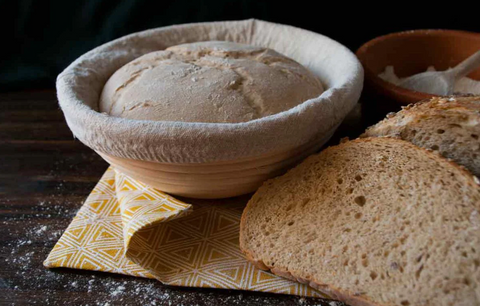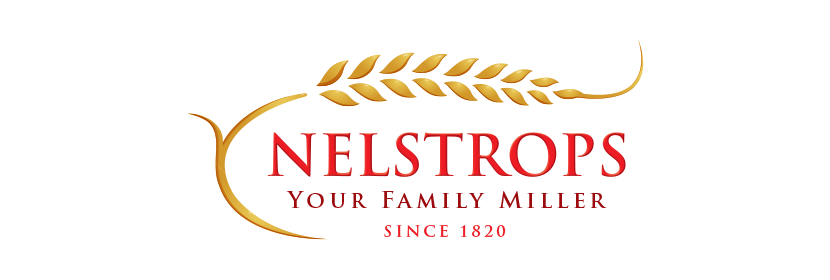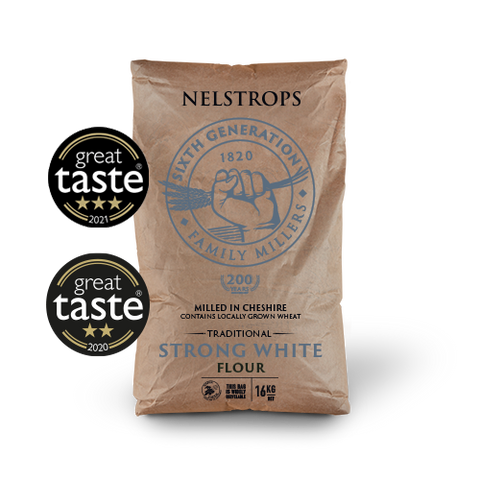 Sourdough is an increasingly popular type of bread that is used in a wide range of bakery products, from the classic sourdough boule to a pizza base. It is a naturally leavened bread, meaning it does not use any commercial yeast to rise. This is because it uses a 'starter', which is a mixture of fermented flour and water which already contains wild yeast to instigate the rising process.
Sourdough is an increasingly popular type of bread that is used in a wide range of bakery products, from the classic sourdough boule to a pizza base. It is a naturally leavened bread, meaning it does not use any commercial yeast to rise. This is because it uses a 'starter', which is a mixture of fermented flour and water which already contains wild yeast to instigate the rising process.
Sourdough, as its name suggests, also has a distinctive tangy flavour matched with a chewy texture which are two of the reasons why sourdough products have increased in popularity in recent years. Wild yeast typically has much more flavour than commercial yeast, and because it is a natural product, it does not contain any additives.
What Flour Should I Choose For Sourdough?
In theory, it is possible to make sourdough from any wheat or cereal-grain-based flours, but if this is your first time attempting to make sourdough, then our advice would be to start with Nelstrop's traditional strong white flour. The thinking behind this suggestion, and also from our many years of experience, is that our strong white flour has a very fine texture, an average level of water absorption and has very high levels of protein.
These attributes mean that you will end up with a dough that is easy to knead and shape, a dough that will rise well in the oven, and excellent gluten development, which is also a critical aspect of baking sourdough.
Don't Be Afraid To Experiment
Although as a beginner, we recommend using Strong White Flour, never be afraid to experiment with different types of flour once you gain in confidence. By design, different types of flour will have different workability, activity, hydration, texture, taste and nutrient content. The more you practise and experiment, the more likely you are to stumble upon your favourite recipe.
Whole Wheat Versus White Flour

Although both types of flour are made from milled wheat berries, white flour is then sifted to remove the grain's bran and germ. Bran is high in fibre, B vitamins, trace minerals and contains a small amount of protein. Because the bran and germ are not removed from wholemeal, it will contain a significantly higher level of nutrients and, consequently, a much more complex and variable flavour. It will also change the texture and density of your bread.
The beauty of baking at home is that you are literally free to try anything and everything; there is no right or wrong recipe and no right or wrong type of flour. Provided you purchase high-quality flour from an experienced miller such as Nelstrops, you can be confident of producing a high-quality, delicious sourdough product. We are confident to be a part of your baking journey and would love to hear and see your results.

